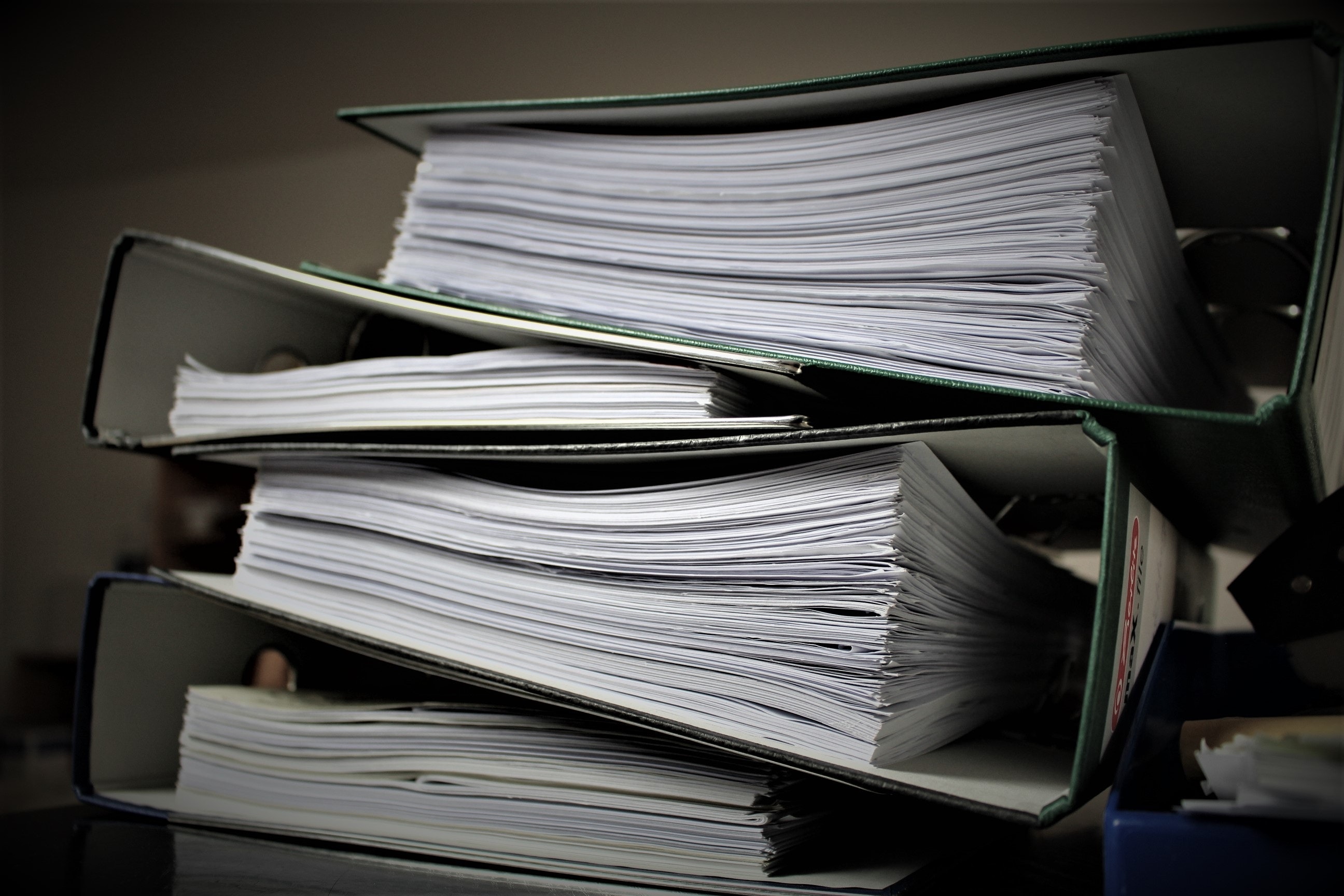
Jul
Article by: Jeff Skolnick, CPA, M.S. Taxation
This question is one of the most popular ones that I receive from clients. Usually when this question is posed it is actually code for “I want to throw some paperwork out and I want you to tell me its okay”.
The most common answer
If you consult the IRS website or speak with tax preparers they tell you to retain most records for 7 years.
The general rule for an audit is that you may be audited for 3 years after the later of the due date of the return or the date the return is actually filed. This would mean that if you filed your 2018 tax return before April 15, 2019, then you could be audited until April 15, 2022.
Another part of the statute for audits allows the IRS to go back 6 years if you do not report income that should have been reported and it is more than 25% of the gross income shown on your return.
The answers that you may not like now, but may save you later
I suggest that my clients retain copies of all tax returns indefinitely. They can be useful even once the most common 3 or 6 year statute of limitations have passed.
If you have not filed your return, then the statute of limitations does not start to run. If you receive a notice from the IRS about a return from 10 years ago that they claim was never filed, the easiest way to answer them is by providing a copy of the return. In the age of electronically filed returns this problem has been greatly reduced as the IRS sends confirmation once electronically filed returns are received. Although the risk has certainly been reduced, I still advise clients to retain all tax returns. If you prefer not to take up the space with actual hard copies (paper) of your return, then I suggest keeping them in electronic format.
In addition, if the IRS suspects fraud, the statute of limitations is indefinite.
The retention time for financial records pertaining to investments is much longer. For example records of stocks purchased would have to be kept from the day the stock was purchased until 7 years after the security was sold. This is even more important if you have dividend reinvestment plans as each year you are adding to the basis of the security. Keep in mind that if a security is gifted, then the person receiving the gift generally has the same basis as the person giving the gift and therefore should be given proof of basis along with the gift. In addition, you should retain the closing statement from the purchase of your home as well as records for any improvements you made over the years until your home is sold.
If you have received property through an inheritance, such as real estate or portfolio instruments such as stocks, bonds or mutual funds then you would want to keep the proof of the basis. The reason for this is the tax code allows for a “step-up” in basis of assets received from a decedent. In other words let’s say a parent purchased a home for $100,000 and over the years spent another $60,000 in improvements. I will also say that the home was worth $500,000 at the date of death of the owner. Although the owner had a basis of $160,000 because it was conveyed to you through an inheritance your basis would be $500,000. Proof of this basis would come from tax returns or appraisals and would have to be retained for 7 years following your sale of the property.
Certain paperwork such as tax returns (previously mentioned), formation papers, bylaws, minutes and partnership agreements should be kept indefinitely.
Please keep in mind that I have only been discussing the IRS, however your state taxing authority could also audit your return.
Conclusion
I know there are many rules as to which records should be kept and for how long. The good news is that most people have computers today and records can be scanned to save space. Once again if you’re not sure, then check with a tax professional before discarding any records.
Checkout my Facebook Page for more tips and view my weekly facebook lives!: https://www.facebook.com/jeffcpaworld/
